The Rise of Austin to Become the New Silicon Valley and How to Blend in
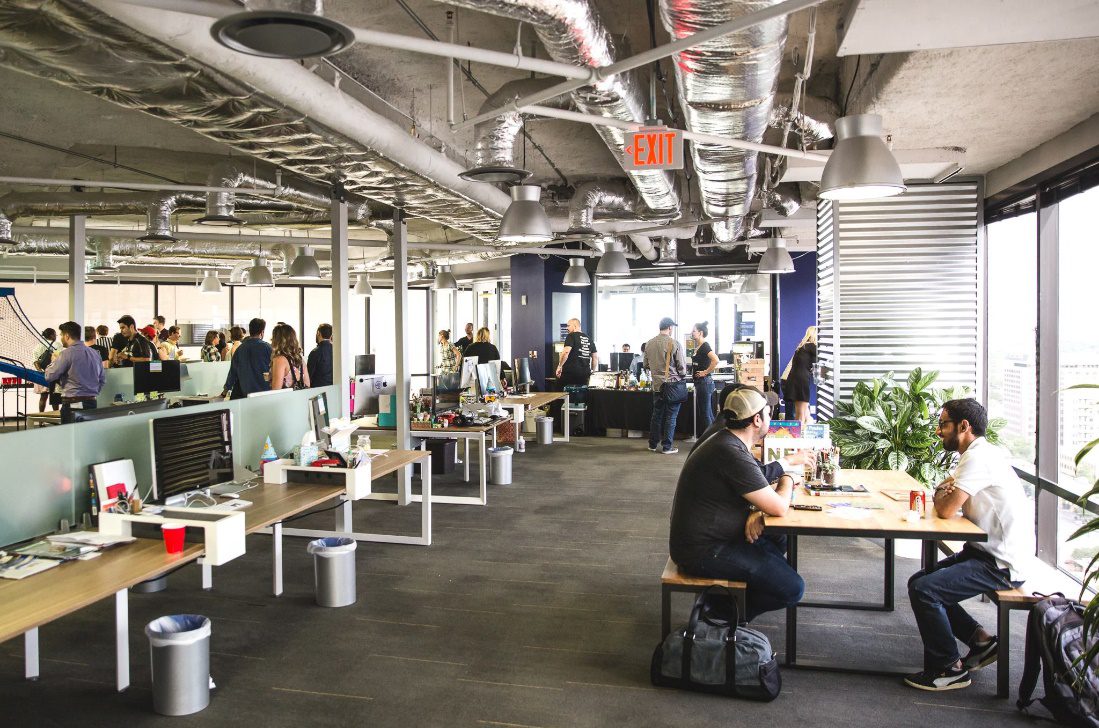
A lively, yet simple southern city, Austin seems to be continually making headlines of late – particularly in the growing tech sector. Identified as a hotbed for millennials, with its laid-back lifestyle and spirited music scene, Austin has been the number one place to live in the America for three years in a row.
Over the last five years, high-tech sector in Austin have grown by 25%. In fact, around 16% of all jobs in Austin are now in the tech industry. One only need to look at a map of the area to see the density of tech companies that make the “Silicon Hills” their home. These well-known companies include eBay, PayPal, Microsoft, Facebook, Cirrus Logic, National Instruments, Hewlett Packard, Emerson, Dell, Samsung, ChemWest, InnoTech, Data Foundry, Orion Novotus, and more. No doubt that Austin’s rare combination of cool affordability, youthful irreverence, year-long summer weather, low taxes, and tons of well-paying jobs have helped make it the America’s fastest-growing city last year.
The Becoming of Austin Technology Hub

Witnessed the rapid flux of tech immigrants, however, nobody seems to be surprised of the direction Austin grows out as tech industry has rooted a long history in the capital city.
Early Arrivals That Paved Austin’s Technology Background
Around 60 years ago, a group of private leaders found an organization called Austin Area Economic Development Foundation, which aim at attracting manufacturing electrical and scientific equipment industry. The plan worked and many big-name companies started to influx Austin.
First was the arrival of Tracor in 1962. Then came IBM in 1967, Texas Instruments in 1969, Motorola in 1974, Microelectronics and Computer Consortium (MCC) in 1982, and finally the boss Dell in 1984.
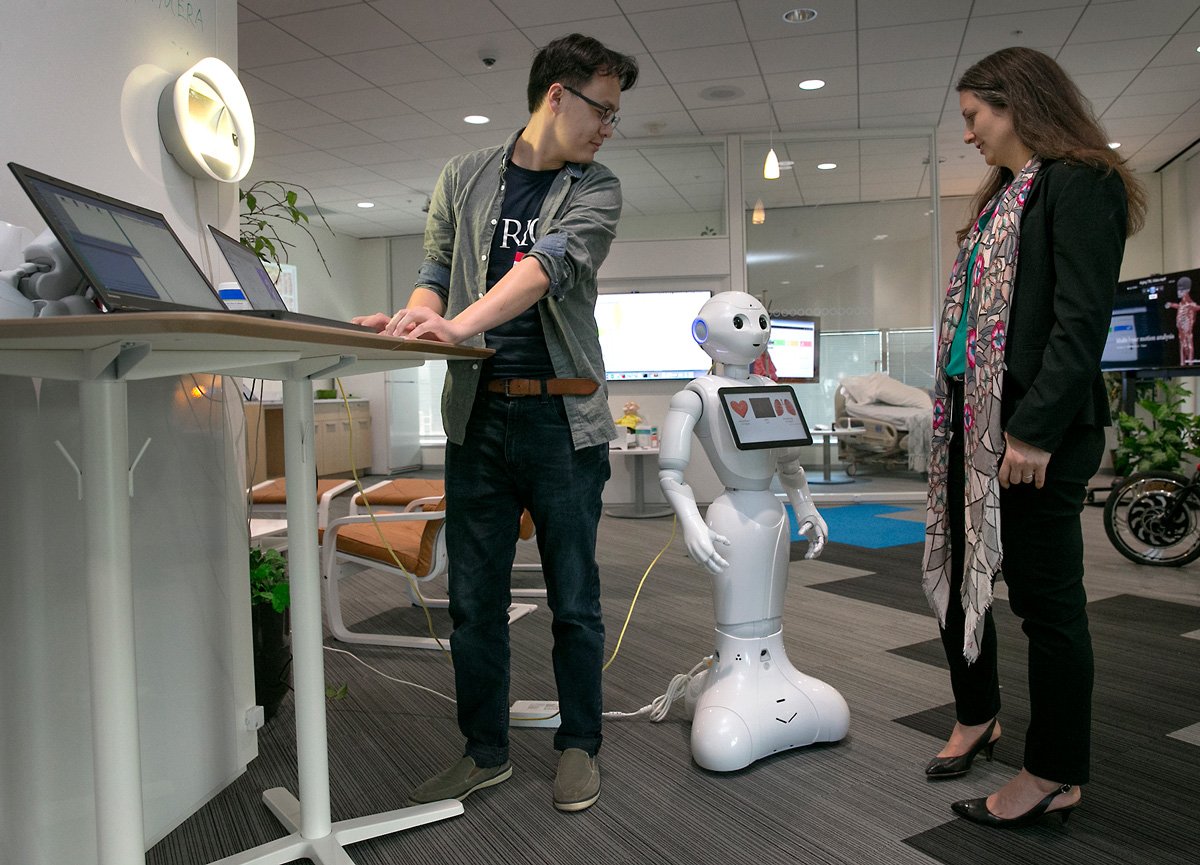
Plenty of Texans consider the Austin-based computer company Dell, as the flagship firm that gave birth to an entire tech ecosystem in the city. “There was a thing called “Dellionaires” and so people who became millionaires after they worked at Dell, then went out and they started a bunch of companies,” said Chris Valentine, producer and event manager for a technology event called the SXSW Accelerator Pitch Event.
Followed are tons of other giants that create such strong background for Austin, one that is impossible to ignore – IBM. Around 1967, IBM’s Office Products Division was expanding at the time. Dedicated to the Selectric typewriter, the group decided to build a plant and engineering complex in Austin. While time flies the company and the city grow along, IBM Austin now is a microcosm of the entire company, unique in that every part of IBM is represented here. This includes IBM’s headquarters for Design, established in 2013, as well as Research, Mobile, and Watson labs, covering everything from AI (Artificial Intelligence), to cloud computing and cybersecurity.
However, the most major establishment was from the University of Texas who set up its IC2 Institute, as a “think-and-do tank” that aspired to create regional economic development through technological innovation. The institute has since studied entrepreneurial wealth and has helped develop Austin as an innovation and technology center. Years later, IC2 launched the first Austin Technology Incubator, which has helped the city-based tech startups add around $1 billion in economic value to the area while create about 7,000 jobs.
With the vivid technology scene, Austin continues to grow as next-gen companies emerge. In 1992, Apple opened an Austin outpost, and four years later Samsung chose the city for its first U.S. manufacturing facility. In 1994, South by Southwest added film and multimedia components, and by late 2012, SXSW Interactive (The South by Southwest) had nearly 25,000 attendees. Eventually, it became a launch pad for startups like Foursquare, Twitter, and Airbnb, and the annual corporate pilgrimage for Fortune 500 brands like Pepsi, McDonald’s, and Visa.
2020 Top Tech Companies in Austin
Let us breakdown some of the tech companies and startups that is shaping the heart of Silicon Hills.
| E-commerce | Software | Digital Media |
| – BigCommerce – RetailMeNot | – Cision (formerly Trend Kite) – Procore Technologies – Thousand Eyes (part of Cisco) – NSS Labs – WP Engine | – Chive Media Group – Conde Nast – FloSports |
Explaining the Rise of Austin Silicon Hills
Several factors combined to make Austin the Silicon Hill city, yet researchers considered various metrics in considering its list, including tech development growth, millennial population growth and profound capital venture source.
Friendly Housing for Young Professionals
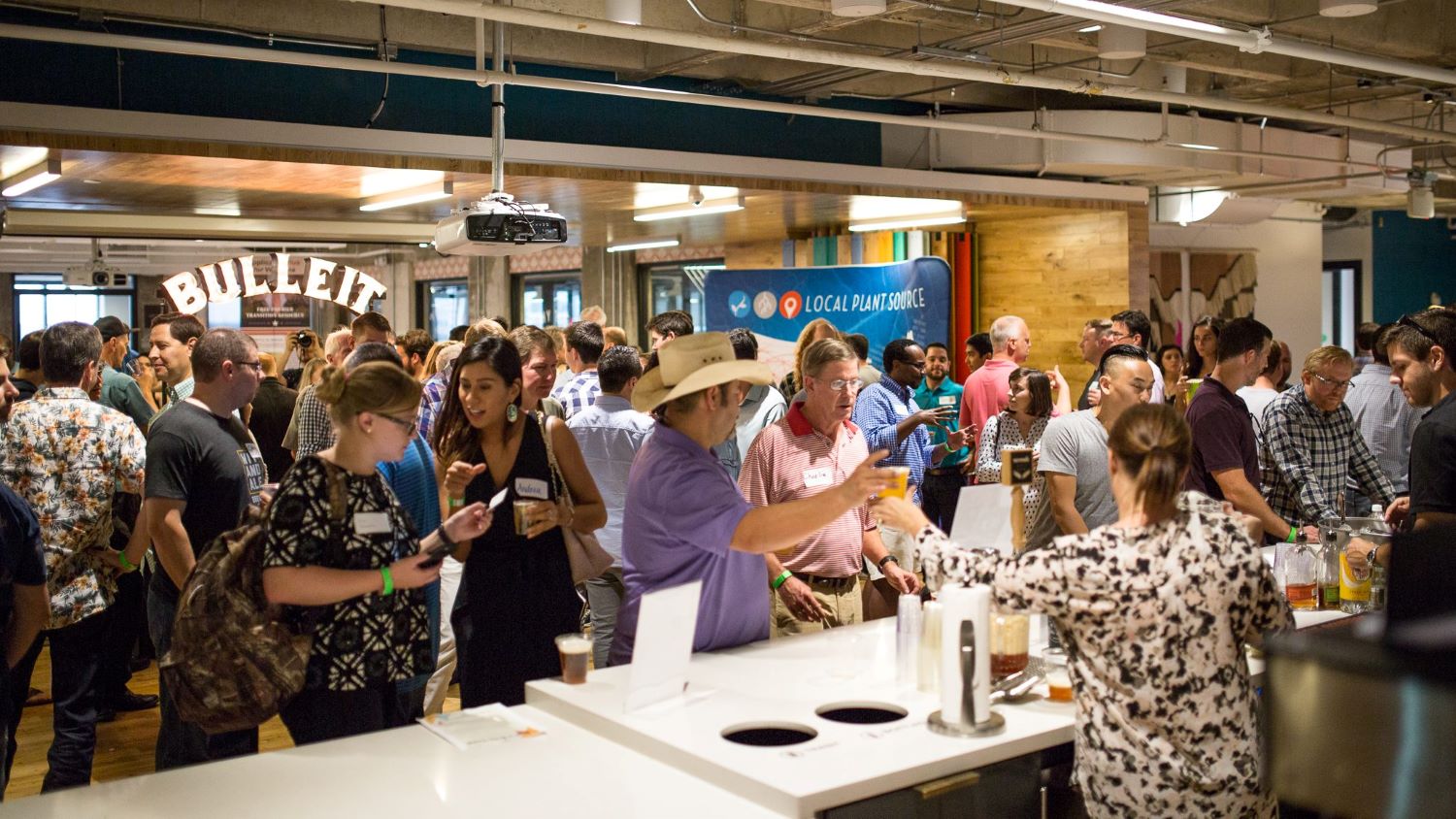
The state enjoys a business-friendly atmosphere and low taxes, and the cost of a new home in Austin, Texas is a fraction of what you would expect to pay on the coast. The natural scenario of the region is just breathtaking, and the spectacular weather along with copious natural resources allow for a robust outdoor lifestyle.
Clearly, Silicon Valley’s location and history as a center of tech has resulted in out-of-reach home prices and lease rates for residential and commercial properties. As a result – or consequence – California is home to 17 of America’s 25 most expensive housing markets. California and New York stand out as the states with the largest share of expensive residential markets in the country. Which make Austin naturally becomes an ultimate destination for the next gen. Whether you’re living in a downtown loft or a master-planned community in the suburbs, the cost of living is cheaper than on the coast, while the quality of life is every bit as high.
Companies know it, too. Organizations that have migrates from California or New York report cost savings of up to 20% to 35% by moving to a city like Austin, thanks to our attractive cost of living and business-friendly tax laws. Plus, the fact that Austin is already a growing tech hub means that there is a ready pool of top-notch technical talent available from the moment these companies arrive.
Young Population within a Quality Educational Culture
In chase for affordable alternatives, flocks of businesses and professionals are turning to Austin. Besides, as of 2020, Austin was second in the nation for millennial population – following Provo, Utah – with a population percentage of 24.5% in the age range of 20-34, compared to 21.9% for Silicon Valley and 20.7% average for all domestic markets. That is a bold number of youthful talent and demand to drive industry, local small business, and real estate development. Accordingly, Austin was among the most popular destinations for tech professionals moving from Silicon Valley since 2018.
Furthermore, the city is also known as a hub of tech education with top-rated schools, including University of Texas, Austin – is ranked by U.S. News and World Report as #56 overall in the nation, along with Texas Tech University, who has consistently supported the thriving tech workforce that accounts for 8% of all jobs in Austin, with 42.8% of the overall workforce possessing at least a bachelor’s degree.
The educated Austin workforce, with a strong share of tech experts at various stages in their careers, is drawing a plenty of America’s biggest tech companies, including Amazon, Google, Facebook, and Apple – which made a notable $1 billion investment in Northwest Austin and plans to hire 15,000 employees.
Austin is adding residents because it is adding jobs – 38,437 of them since 2017. Some of the tech titans include NXP Semiconductor, Dell, Samsung, IBM, and Apple, which employ nearly 30,000 employees combined.
Not solely tech-oriented, Austin hosts thriving entertainment, dining and hospitality industries that add to the appeal for professionals and college students considering where to develop their careers and have a fulfilling community experience.
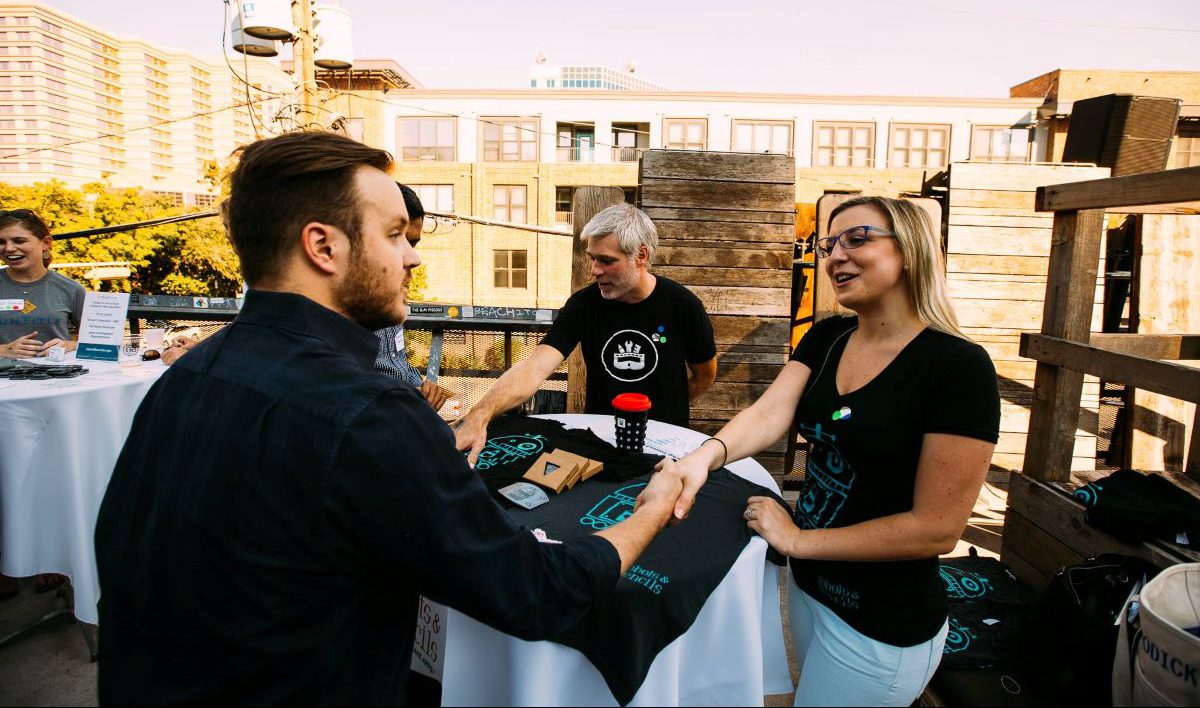
Especially, with the most expected event every year – SXSW (South by Southwest) or “South-by” called by the locals, Austin is catching all the attention of US ambitious youngsters. After the success of Twitter, Foursquare or Airbnb, SXSW itself be recognized as an essential 10-day festival for people across a wide range of industries, from digital music to digital marketing. And later, brand’s efforts to capture their attention became an industry itself. Without a doubt, SXSW has made a significant impact in transforming Austin as it has created a cool playground for innovative ideas and new gen to bloom beyond.
Low Cost Yet Rich in Capital
How is it rich in capital? While Texas has certainly benefited from its rich resources of oil and gas, the volatility of the industry led the state’s economy, especially metro areas like Dallas and Austin, to diversify away from oil-dependence over the past century. Money from Houston, the corporate epicenter of the U.S. oil industry and just two and a half hours drive, has also been instrumental in greasing Austin’s tech economy. According to Crunchbase, in 2019 Austin ranked number 10 among all U.S. cities for venture capital funding — the only city in the top 10 outside the San Francisco Bay Area, Seattle, or the Northeast.
The downtown tech prosperity is happening because companies believe being part of a creative, thriving tech ecosystem is the best way to attract top talent in a highly competitive market. Last year, Austin-based companies raised $1.73 billion in venture funding, the biggest haul since the height of the dot-com boom in 2000, according to PricewaterhouseCoopers/CB Insights.
Second, the tax advantages cause lower operating cost. There is no State Income Tax in Texas, so you will be keeping over 4% more of your salary than those living in states with income tax requirements. Currently, there are only nine states that do not have income tax. In Texas, although you will still be charge for the other usual taxes such as sales tax and property taxes, you will be able to collect Social Security and retirement benefits without being taxed.
Besides, with the minimal franchise taxes, which, taken in conjunction with modest living cost, has provide a nurturing environment for startups, young professionals, and executives.
How to Bridge Your Organization with Austin Crowded Scene?
Whether you are a newbie seek to grow professionally, start up in need of funds or entrepreneurs who fond of new connections and networking, there are plenty of ways to blend yourself in. Let us look at these most common ways.
Take Part in Tech Events, Meetups and Group
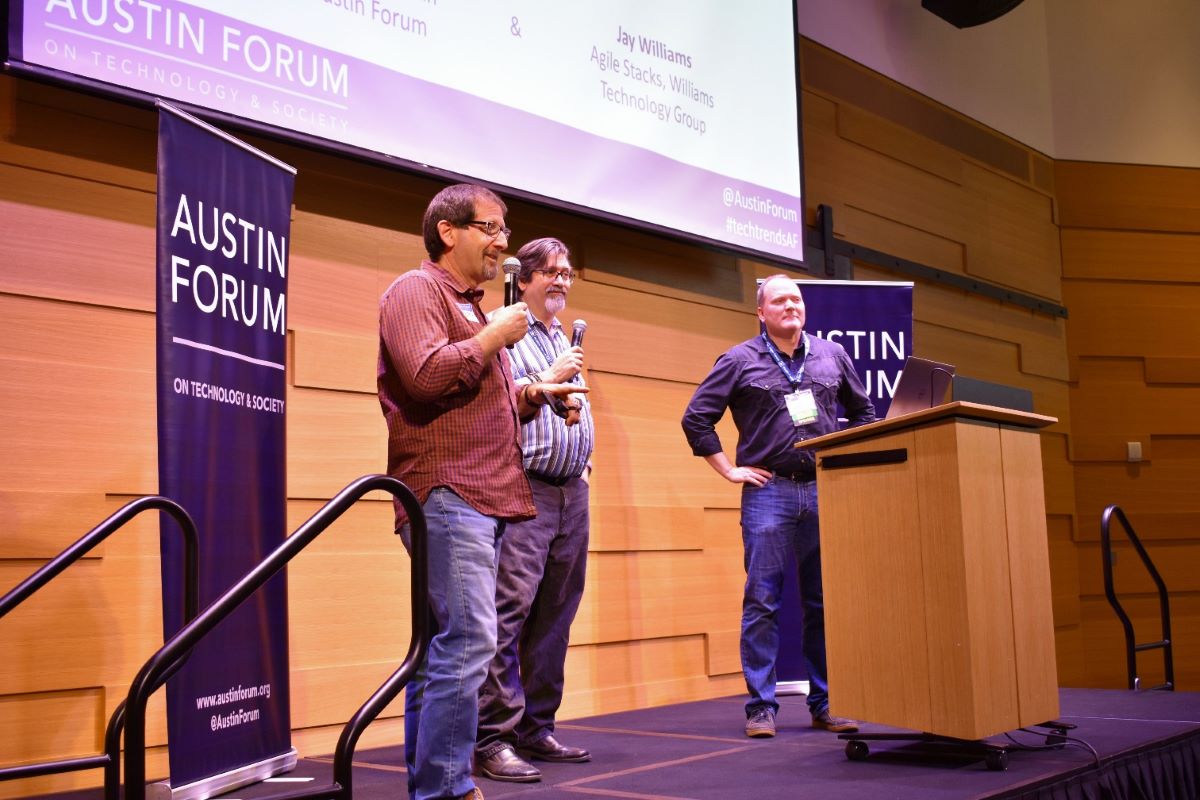
While Austin Startup Week and SXSW are top of the most well-known annual events in the city, there are countless other organizations who meet on a regular basis for community, continuing education, and fun.
Built in Austin hosts and sponsors a few recurring events and tracks other local events for the technically minded. Both Austin Open Coffee and Austin Entrepreneurs bring together entrepreneurs and investors at large. LinkedIn Local Austin Networking, while not focused on just technology, is an active group that seeks to make those professional connections more than just tech.
Of course, meetup groups exist for almost every kind of technical discipline. Especially, EdTech Austin is a must attend, if using technology within the field of education is an interest of yours. Then Similarly, for those who are passionate about open government/data and civic technology should add Open Austin to their list. If you are a woman in tech, consider the 4,000+ member strong Austin chapter of Women Who Code.
Co-working Space to Boot New Interactions
If it’s difficult to get away in the evenings (which is when many groups meet), simply by choosing to office at one of the many co-working spaces around the city will get you to its community and get connected to the Austin tech scene.

There are a whole host of options in Austin, but Industrious, WeWork, Galvanize, and Capital Factory are probably the top four spots that cater to tech. Not only will you bump into like-minded people in the kitchen, but you can also sign up for office hours and mentorship. There is obviously no shortage of ways to get connected to the Austin tech scene! Let’s find one that yourself feels like it could be a fit and give it a try, remember all group and media outlet has its own personality and focus!
The Bottom Lines
The way Austin grows out to be a tech boom is not an unforeseeable news. With a deep root of tech history, fresh landscape along with affordable living condition, the capital is destined to be the second Silicon Valley – or locals call it Silicon Hills.








